Products
-
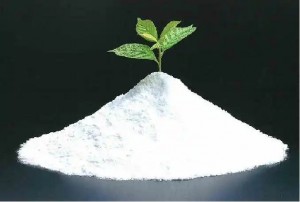
Anti-Bacterial Agents
The fabric antibacterial agent will endow the treated textile fabric with superior durability, and has a good antibacterial function. It can be used in the dyeing engineering and finishing process before fiber fabric treatment to prevent the harm caused by microorganisms, extend the service life of the fabric, and make the treated fabric have a softer feel and anti-static effect. Textile antibacterial agents can be directly mixed into organic and inorganic formulations.
-
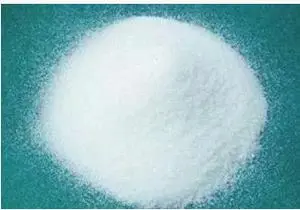
Anti-Ultraviolet Agents
Textile UV absorber is a water-soluble neutral broad-spectrum UV absorber with large absorption coefficient, which is suitable for UV wavelength of 280-400nm. It has no photocatalysis on textiles, and does not affect the color, whiteness and color fastness of textiles. The product is safe, non-toxic, non irritating, non irritating and non allergic to human skin. Good compatibility with other chemicals, with certain washing performance.
-

Easycare Agents
Suitable for shrinkproof, anti-creasing, easy-care treatment of cotton, rayon and their blends. -
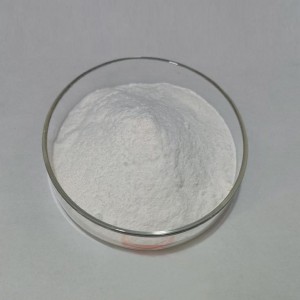
Anti-Yellowing Agents
It is suitable for curing various fabrics, especially nylon and its mixture. It can effectively prevent fabric damage and hot yellowing.
-
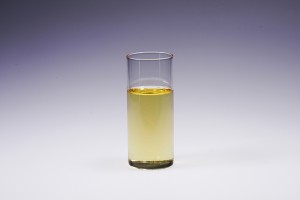
Anti-Static Agents
In the process of textile fiber processing and textile product application, static electricity accumulation often occurs, which interferes with the processing and application. The addition of textile antistatic agent can eliminate static electricity or make the accumulation of static electricity reach an acceptable level. According to the washability and dry cleaning property of antistatic agents, they can be divided into temporary antistatic agents and durable antistatic agents.
Textile antistatic agent is a kind of high-quality special ionic surfactant with special antistatic ability, which is suitable for electrostatic treatment in textile production. It can be used for polyester, nylon, cotton fiber, plant fiber, natural fiber, mineral fiber, artificial fiber, synthetic fiber and other textile materials. It is suitable for electrostatic treatment and spinning in the process of textile electrostatic treatment. It can effectively prevent product adhesion and dust absorption.
-
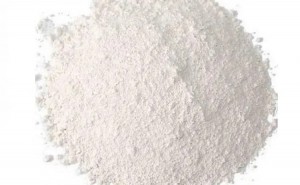
Stiffening Agents
Suitable for stiffening and edge sizing of various fabrics.The treated fabric feels hard and thick.
-
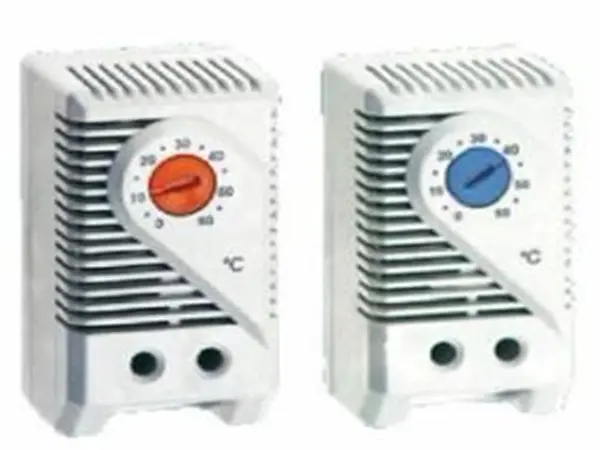
Moisture Controller
It is suitable for moisture control treatment of polyester and its blends.
-
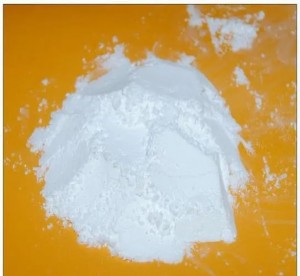
Anti-flammable Agents
The textiles after flame retardant processing have a certain flame retardancy. After disposal, the textiles are not easy to be ignited by the fire source, and the flame spread slows down. After the fire source is removed, the textiles will not continue to extinguish, that is, the afterburning time and smoldering time are greatly shortened, and the extinction performance of the textiles is greatly reduced.
-
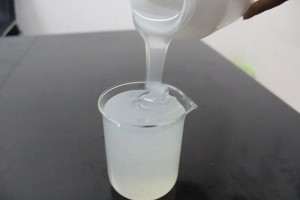
Softening paste
A substance used to increase the softness of textiles, rubber products, leather, paper, etc.
-
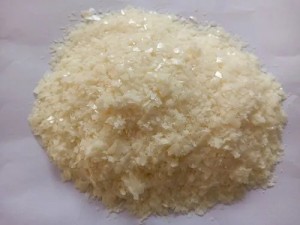
Nonionic Softening Flakes
Film plays an indispensable role in improving the product quality and added value of textiles. It can not only endow textiles with various special functions and styles, such as softness, wrinkle resistance, shrinkproof, waterproof, antibacterial, anti-static, flame retardant, etc., but also improve the dyeing and finishing process, saving energy and reducing processing costs. Textile auxiliaries – film is very important to improve the overall level of the textile industry and its role in the textile industry chain.
-
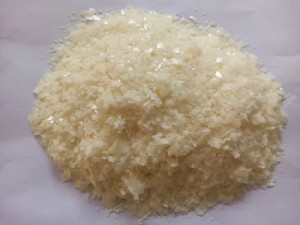
Cationic softening flakes
It is applicable to the softening of all kinds of cotton, linen, silk, wool yarns and fabrics, making the fabrics have good softness and elasticity. It is especially applicable to the softening of all kinds of denim, wash cloth, knitted cloth, woolen sweater, towel and other textiles, so as to achieve the purpose of softness and puffiness. It is especially suitable for finishing light and white fabrics.
-
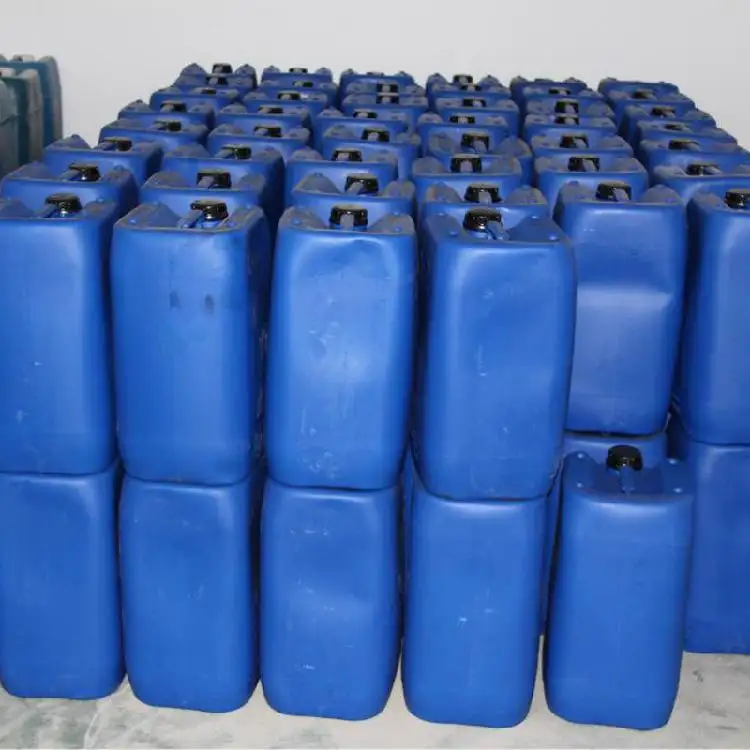
Other Silicone Softeners
Among all kinds of softeners, organosilicon auxiliaries have attracted more and more attention due to their unique surface properties and excellent softness. Most domestic fabrics finished with silicone softener are hydrophobic, which makes the wearer feel stuffy and difficult to wash; The phenomenon of demulsification and oil floating often occurs in many products. The traditional hydrophilic polyether silicone oil has better hydrophilicity and water solubility, but its softness and finishing durability are poor. Therefore, it is of great practical significance to develop a new hydrophilic silicone softener with excellent flexibility and durability.

